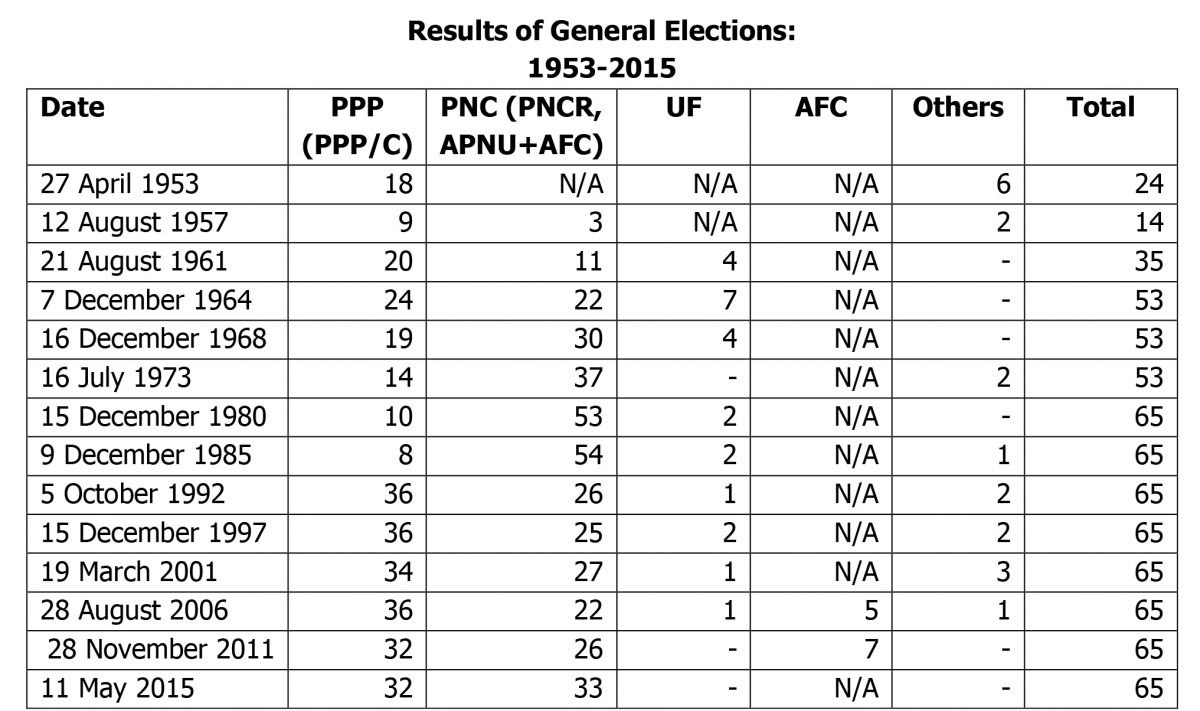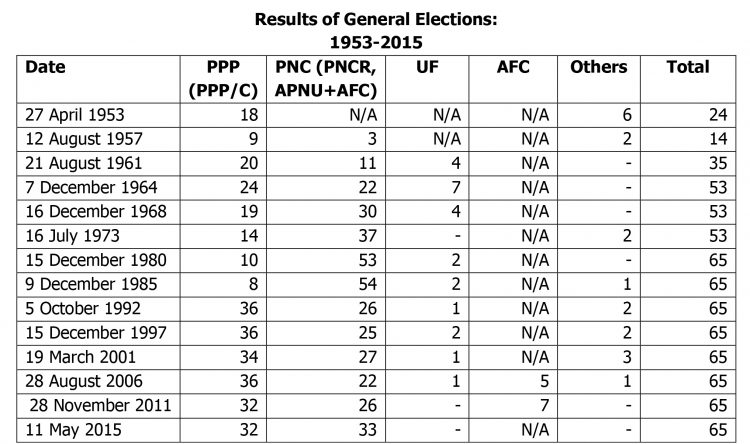
U.S. Secretary of State Mike Pompeo
God has blessed us with a beautiful and perfect planet on which to live at peace with ourselves, fellow mankind and all other living beings, including our forests and trees that are the lungs of the earth. In our pursuit of material gains, however, look at what we have done to the planet which may eventually spin out of control? Last Tuesday’s full moon was so dull in the sky that it appeared to be in a state of mourning. It is crying out for nature’s intervention to save the planet without which it ceases to exist!
Last Wednesday, Pope Francis stated that the coronavirus pandemic is nature’s response to people’s failure to take climate change seriously, citing the fires in Australia, the melting of the glaciers, and the numerous floods that took place so far. The Pope referred to the expression in Spanish: ‘God always forgives, we forgive sometimes, but nature never forgives.’ He criticized some political leaders for their response to the pandemic:
This crisis is affecting us all, rich and poor alike, and putting a spotlight on hypocrisy. I am worried by the hypocrisy of certain political personalities who speak of facing up to the crisis, of the problem of hunger in the world, but who in the meantime manufacture weapons. This is a time to be converted from this kind of functional hypocrisy. It’s a time for integrity. Either we are coherent with our beliefs or we lose everything.
We may wish to include those who, not being satisfied with what the surface of the earth has to offer, pursue greedily the accumulation of wealth by destroying its interior of the planet through the extraction of fossil fuels – the main contributor to global warming and climate change. But in all of this, it is the innocent and the vulnerable who are paying the price for those who contribute directly and indirectly to the destruction of our planet. The pandemic appears to be nature’s way of saying: ‘Enough is enough. I am locking down the entire planet in order to save it’.
Although somewhat unrelated to climate change, the coronavirus should be viewed as a serious warning to autocrats and dictators worldwide who, in their lust for power and influence, deny their citizens the right to a decent way of life; who ignore or pay lip service to the rule of law as well as the principles relating to fairness, justice and equality; who trample on the basic human rights of their citizens, including the right to elect a government of their choice; and who indulge in corrupt behaviour to enrich themselves and families, their friends and their associates, all at the expense of the poor, the disadvantaged, the unemployed and other vulnerable groups.
In today’s article, we continue from where we left off last week by giving coverage to the events that took place in the aftermath of the 2020 national and regional elections.
Court of Appeal ruling
On Sunday 5 April, the Court of Appeal ruled that the Elections Commission has the authority to order a recount of the votes cast in the 2 March 2020 elections. However, in reference to an agreement between the President and the Opposition Leader for the recount to take place under the supervision of the high-level CARICOM team, the court ruled that any agreement in which supervision is removed from the Commission would undermine the latter’s authority and would therefore be unlawful.
While the word “supervise” was used in the agreement, the actual text suggests a slightly different role for the CARICOM team, as can be gleaned from the five items contained in the aide mémoire signed by the two political leaders:
► The high-level team would cooperate within the framework of the Constitution, the applicable law, the role of GECOM and the rulings of the court;
► The terms of reference are to be prepared by GECOM;
► The recount of the votes for all the Regions is to take place urgently in accordance with the Constitution, applicable law and the 11 March 2020 judgment of the Chief Justice;
► The team is to supervise the recount under the auspices of GECOM and would not engage themselves in the actual recount. Its presence is to ensure that the recount is carried out in a free, fair, transparent and credible manner; and
► The President and the Opposition Leader are to abide by the outcome of a free, and transparent process for the recount.
Two of the three judges – Justices Dawn Gregory and Brassington Reynolds – also agreed that the High Court has jurisdiction to hear an application for a judicial review if a party feels that the Commission is acting outside its authority. However, the third judge – Justice Rishi Persaud – dissented and supported the ruling of the Full Court that in accordance with Section 140 of the Representation of the People Act, a court is prohibited from inquiring into the work and decisions of GECOM. The crafters of this legislation must have assumed that the Commission, being an independent constitutional agency, as well as its employees, will at all times act objectively and impartially, and in a highly moral and ethical manner with the public interest first and foremost. As borne out by the events of 5 and 13 March 2020, quite the opposite happened! GECOM cannot be regarded as independent, considering that the six commissioners are political appointees that take their instructions from the two main political parties; and key staff members of GECOM Secretariat, from their recent actions, appeared very much politically aligned.
Last Tuesday, the Court of Appeal issued the related orders to give effect to its 5 April rulings after receiving and considering written submissions from the lawyers from both sides. The orders are as follows:
► The order of the Full Court that the High Court did not have jurisdiction is set aside;
► The appeal is to be allowed to the extent that it would be unconstitutional for GECOM to abdicate or delegate its supervisory function over the election process, more particularly the recount of the ballots cast at the 2 March 2020 elections;
► All other orders of the Full Court are affirmed; and
► Each party shall bear its own costs.
GECOM to proceed with the recount
On Monday 6 April, GECOM decided to request the high-level CARICOM team to return to validate the recount, no doubt relying on the its authority under Article 162 (1) (b) of the Constitution and the belief that the involvement of the CARICOM team would in no way impinge on the Commission’s role. Article 162 (1) (b) is worth repeating:
The Commission shall issue such instructions and take such actions as appear to it necessary or expedient to ensure impartiality, fairness and compliance with the provisions of this Constitution or of any Act of Parliament on the part of persons exercising powers or performing duties connected with or relating to the matters aforesaid.
The Commission also tasked the Chief Election Officer (CEO) with the responsibility for preparing the necessary plans to give effect to the recount. On Wednesday, the CEO advised the Commission that the recount would take 156 days, a timeframe that five political parties contesting the elections, except APNU+AFC, immediately considered unreasonable. These parties are of the view that the exercise should not take more than two weeks. There was also public criticism of the proposed timeframe. In defence, the GECOM Secretariat stated that, based on the detailed request by the Commission, the estimated time it would take for each of the 2,339 ballot boxes to be counted is two hours, using three workstations for ten hours per day. Given this timeline proposed by the CEO, it is highly unlikely that the high-level CARICOM team would want to be involved. One must not forget the way the team was treated when it arrived in country and was forced to depart after two days. The same can be said of the international observers who were threatened with the revocation of observer status.
On Thursday, the opposition-nominated commissioners tabled a counter proposal which suggested that the recount could take ten days involving 200 persons using 20 workstations, operating at 12 hours per day. They estimate that it would take on average one hour to count the votes in one ballot box since more than 1,200 boxes contain less than 200 ballots, including more than 200 having less than 50 ballots. The proposal also includes the involvement of the Audit Office or a reputable audit firm, and the recount exercise to be televised, broadcasted and streamed. In the light of this counter proposal and the discussion that took place on Thursday, the Commission requested that the CEO amend his proposal. It is not clear when the CEO’s amended proposal will be presented to the Commission.
Concluding remarks
GECOM must accept full, total and unqualified responsibility for the present crisis regarding the 2 March 2020 elections. Had it acted swiftly on 5 March when the Returning Officer for Region 4 and GECOM staff began fiddle with the results, the crisis could have been avoided. On that day and several days later, the GECOM Chair was incommunicado to the public while the government-appointed commissioners remained silent, seemingly acquiescing to what transpired. It was only after the threats of sanctions by the international community if the Government is sworn in on the basis of the flawed and tampered election results, that the Commission decided to get its act together.
Those who are supportive of sanctions being imposed on the country if an illegitimate government is formed, are deemed anti-national and unpatriotic. We, however, have no difficulty in stating that attempts to undermine the will of the people to elect the government of their choice is perhaps the greatest act of betrayal and lack of patriotism; and it is the duty of all citizens who have the national interest at heart to speak out and let their voices be heard. Indeed, attempts at electoral fraud on the scale we have witnessed in the 2020 elections is a crime against humanity for which the actors involved, whether directly or indirectly, should face criminal prosecution.
We have had a history of tampering of the electoral process and of the results beginning with the 1968 elections and ending in 1992 through the intervention of former U.S. President Jimmy Carter. It was during this period that saw the installation of an authoritarian regime that brought the country to its knees economically, socially and otherwise. It was also during the height of the Cold War when the Western Powers conspired to keep the PPP out of office because of its communist leanings. The Cold War ended in 1989 with the fall of the Berlin Wall. There was therefore no longer any interest in keeping the PPP out of office – hence the restoration of democracy through the conduct of free and fair elections in 1992.
The following table shows the election results from 1953 to 2015, as compiled from the information contained in the book written by former Clerk of the National Assembly, Frank Naraine. It makes interesting reading, especially for those yet to be convinced that elections were not tampered with in the past.
(Note: For the 1957 elections, there were two PPPs: Jaganite faction and Burnhamite faction, the latter subsequently becoming PNC, PNCR and APNU. The UF did not contest elections after 2006. For the 2015 elections, the AFC joined APNU to form a coalition.)
The period 1968 to 1992 had brought immense suffering to the Guyanese population that caused so many of our best minds to seek refuge in North America, the Caribbean and elsewhere, to provide a better way of life for themselves and their families. Are we going to allow the country to be taken back to the pre-1992 days?







